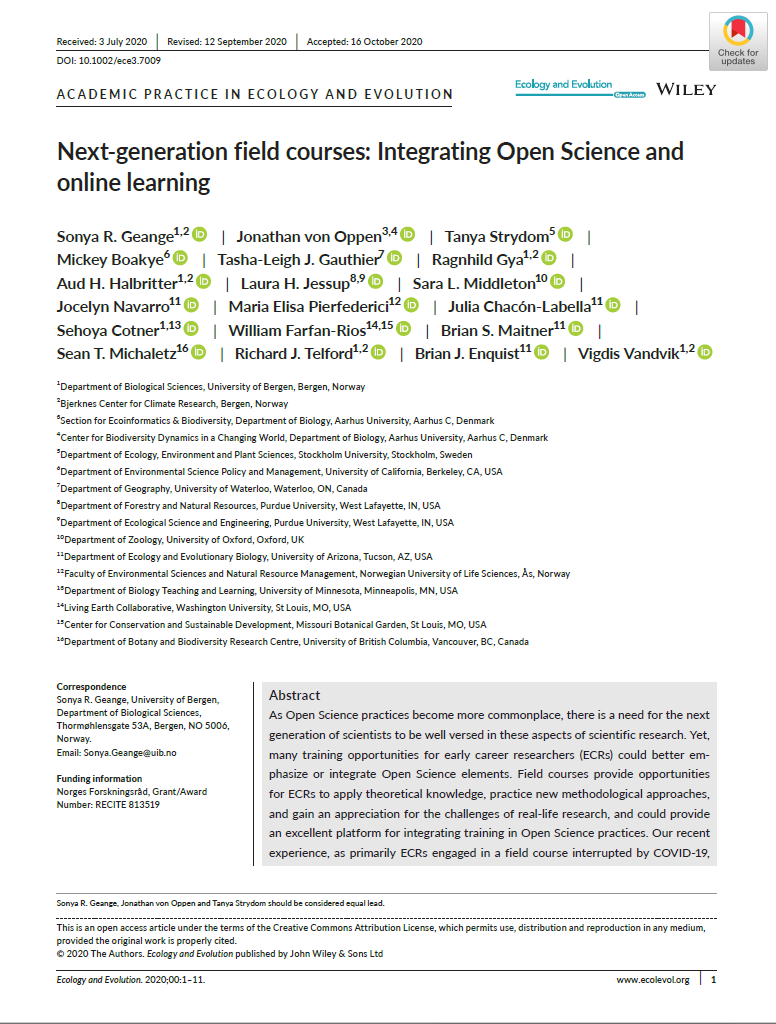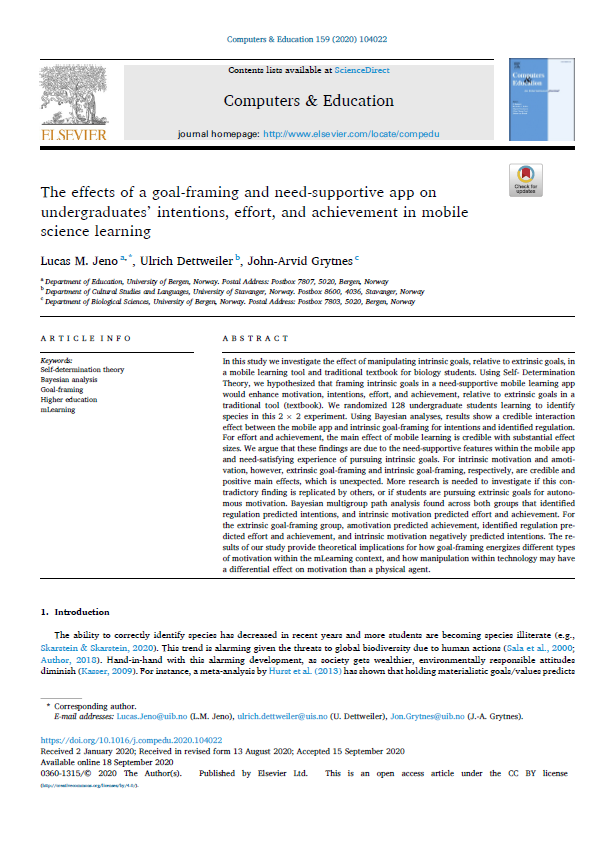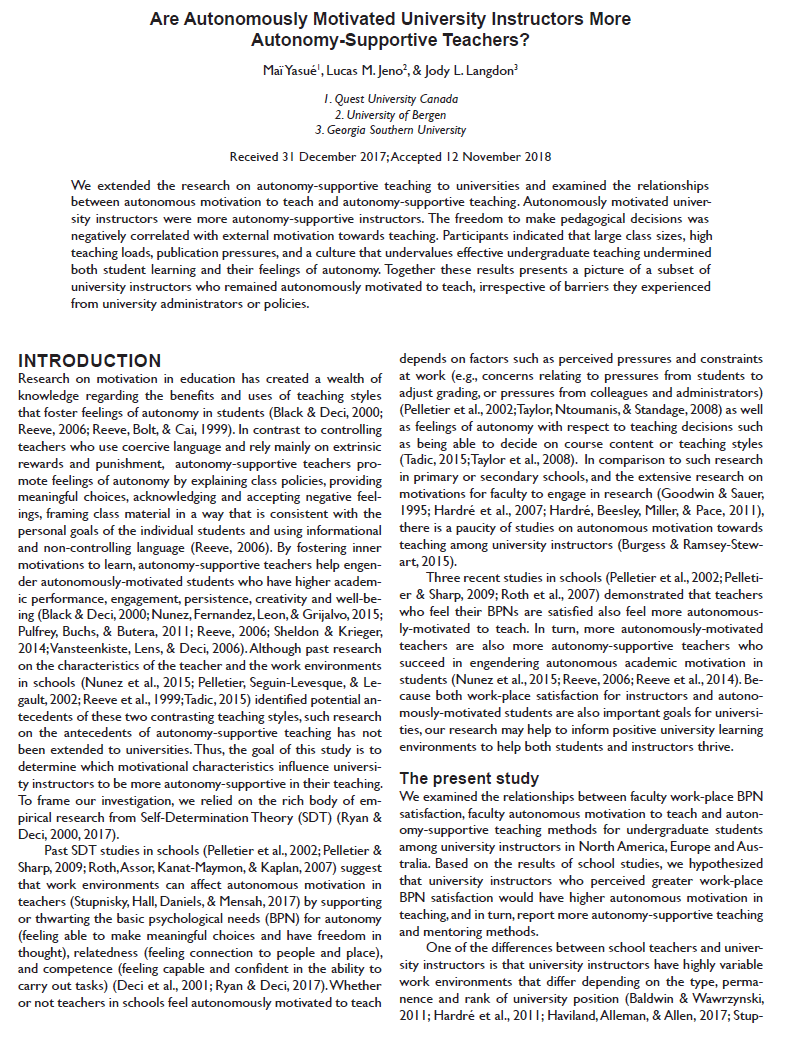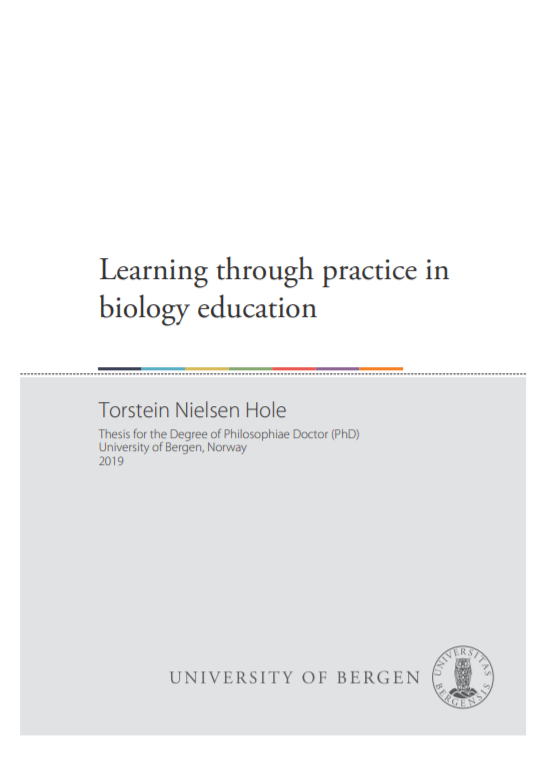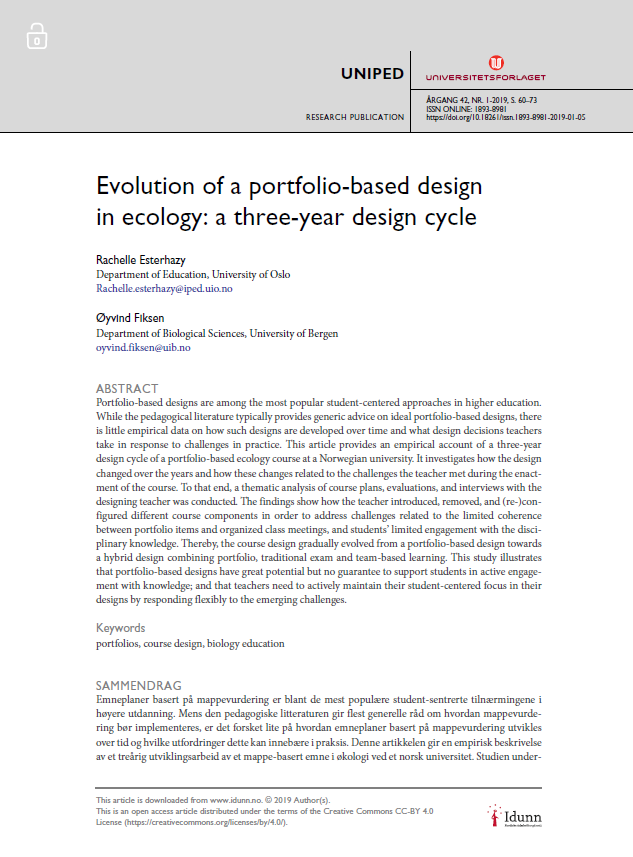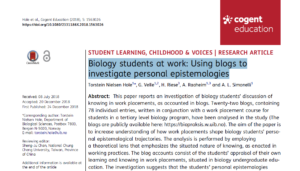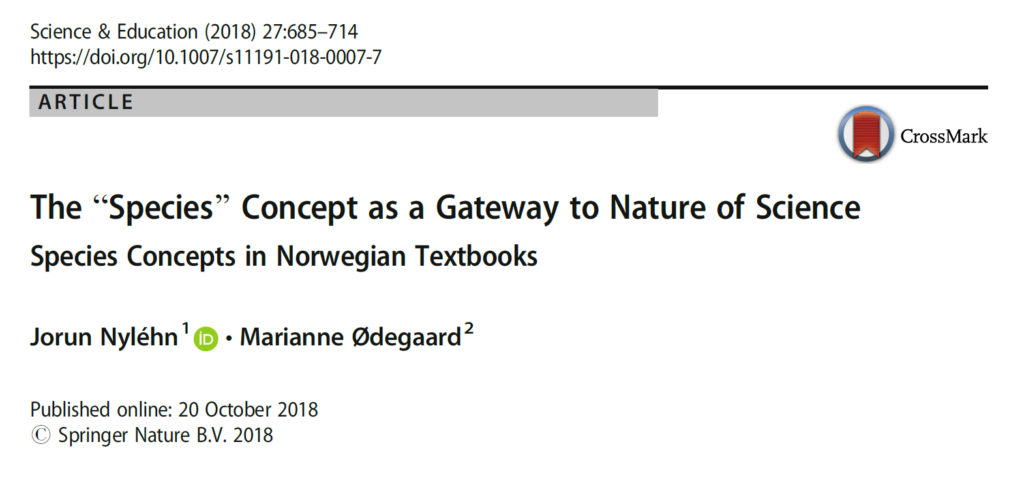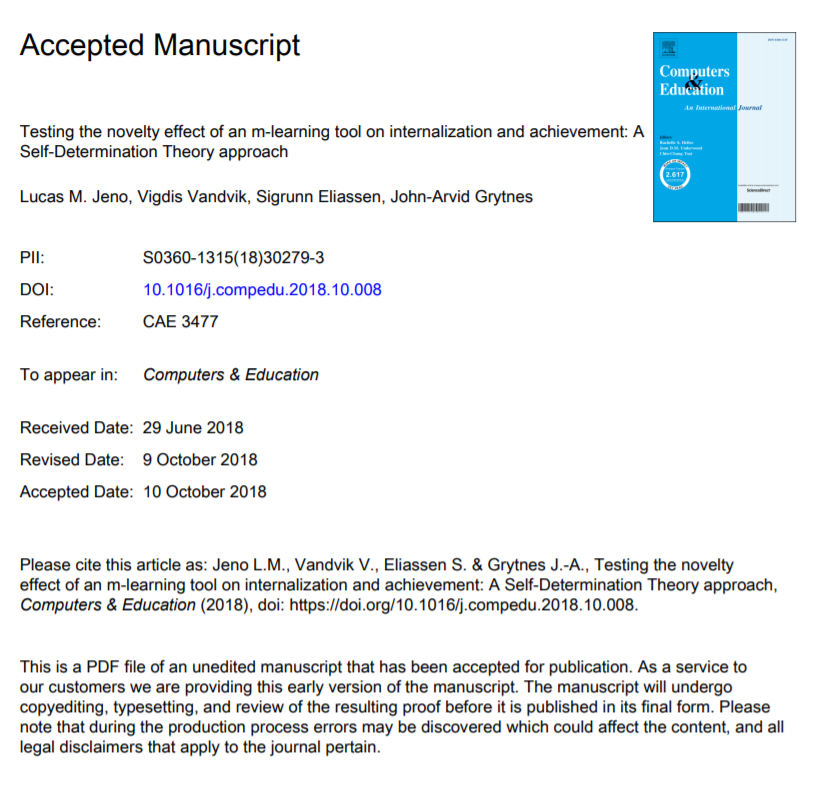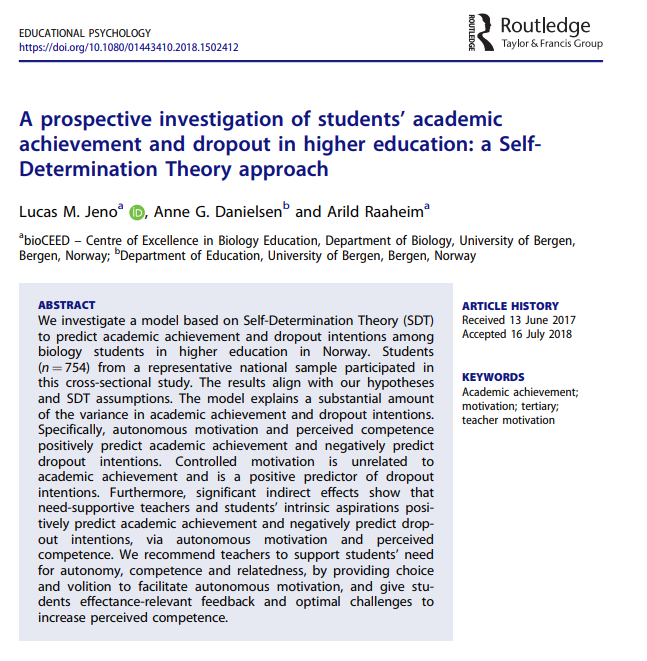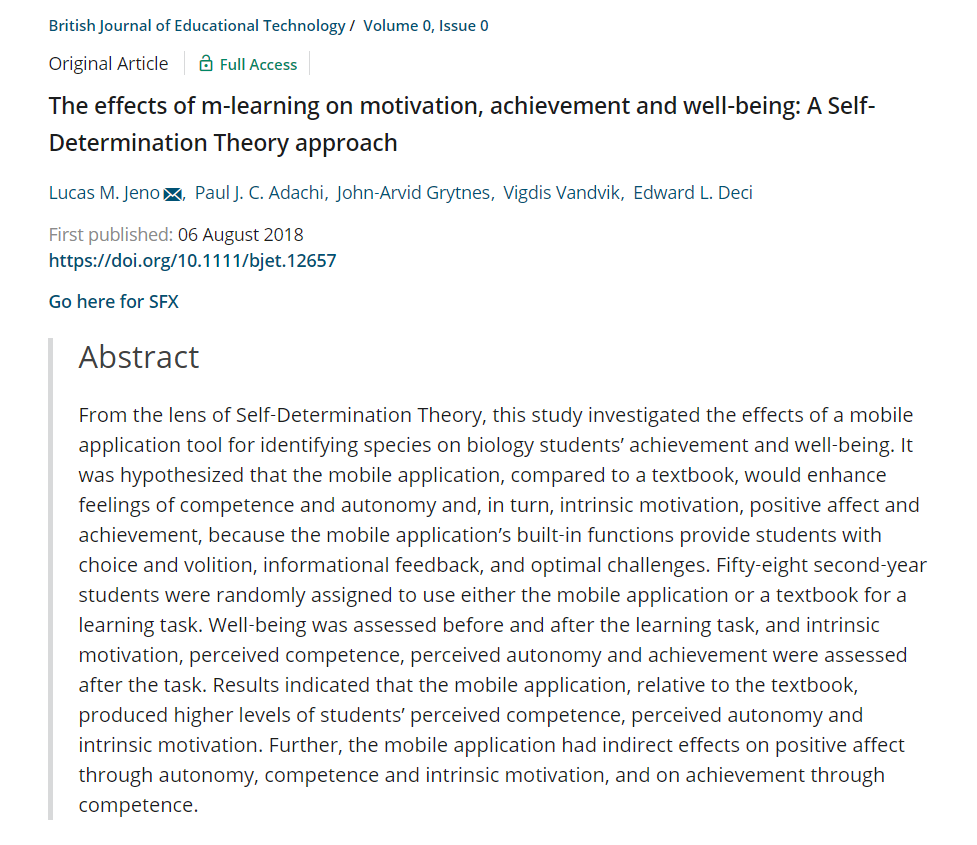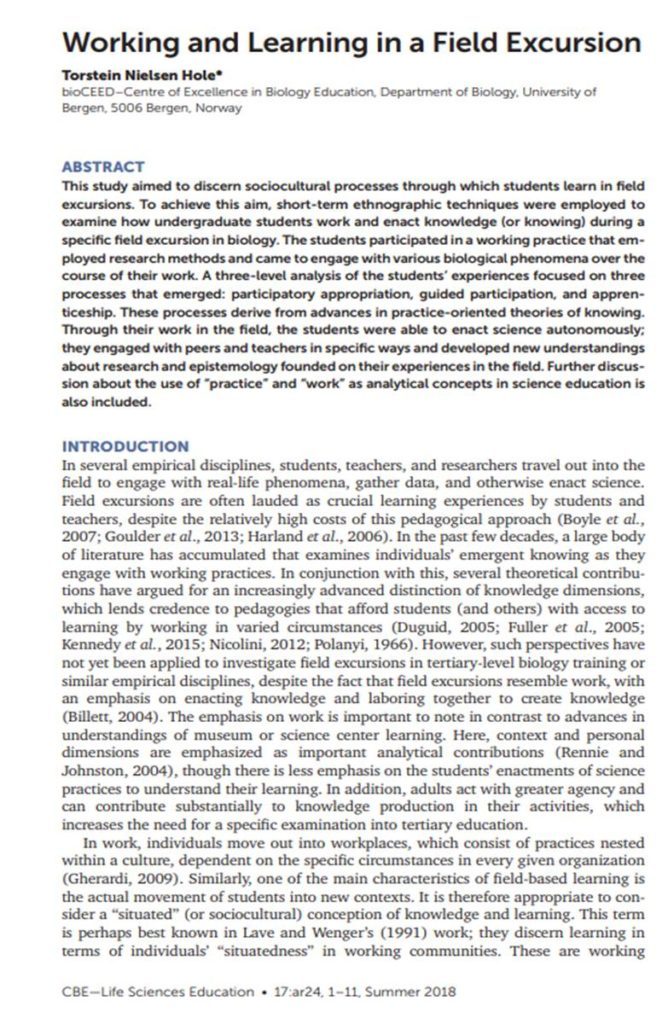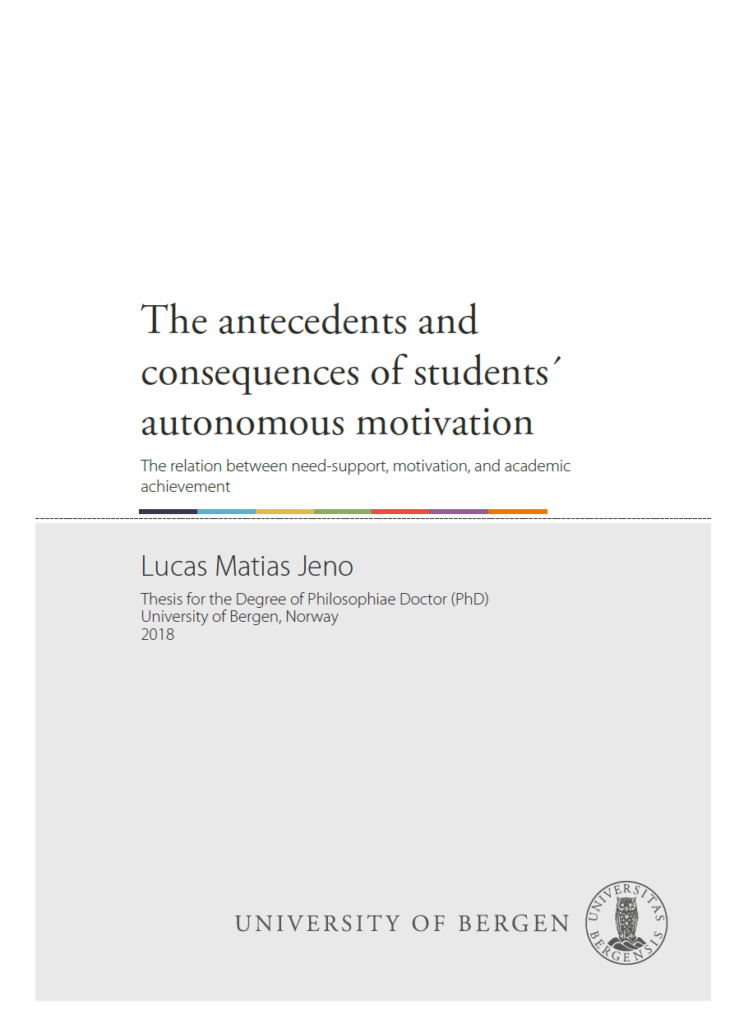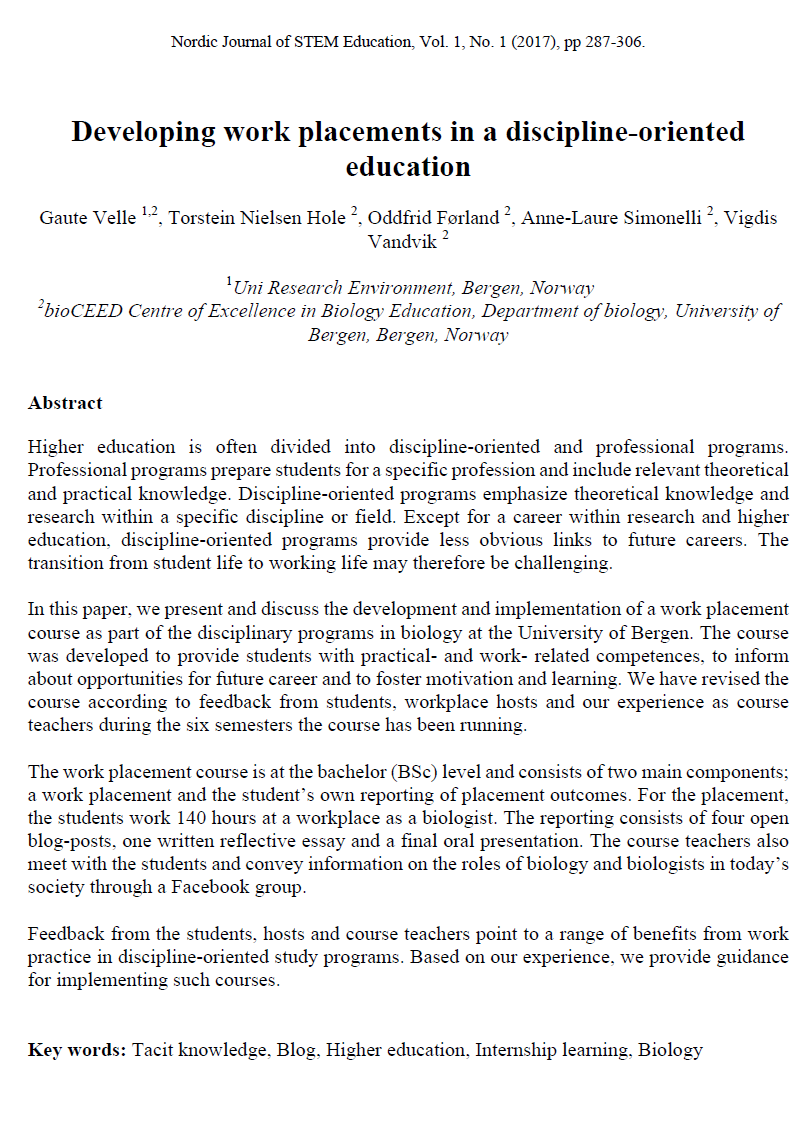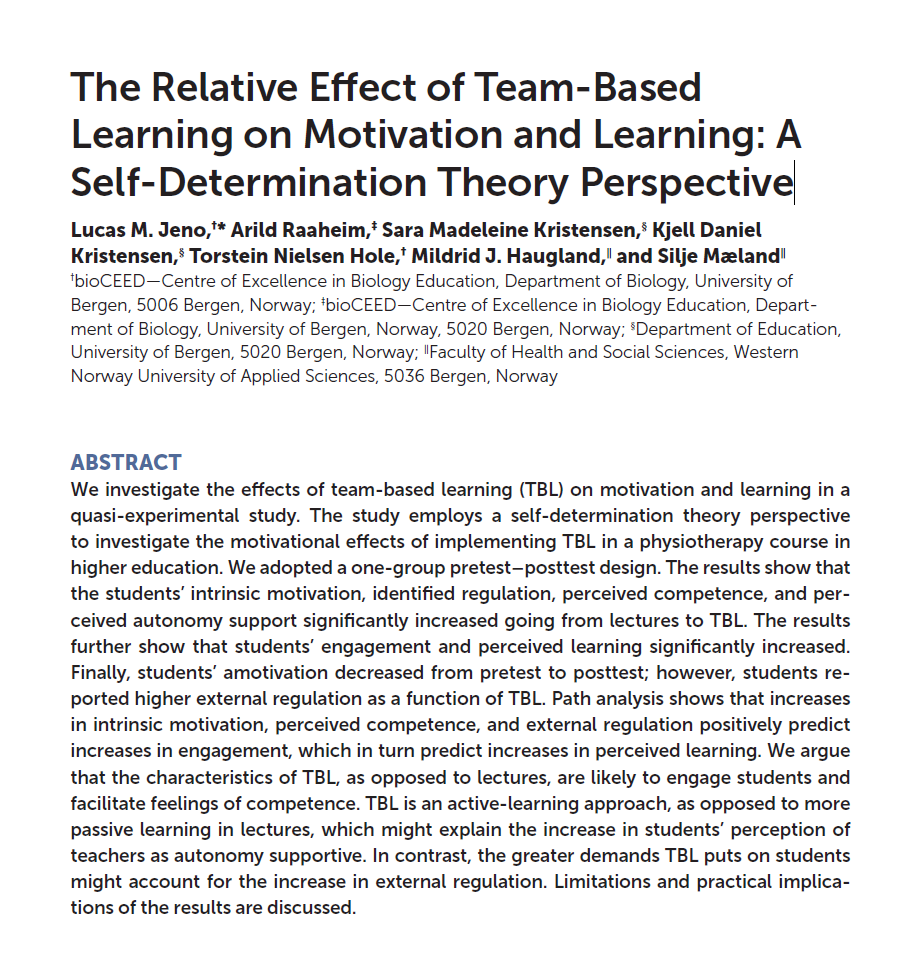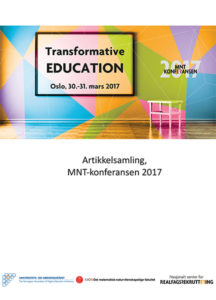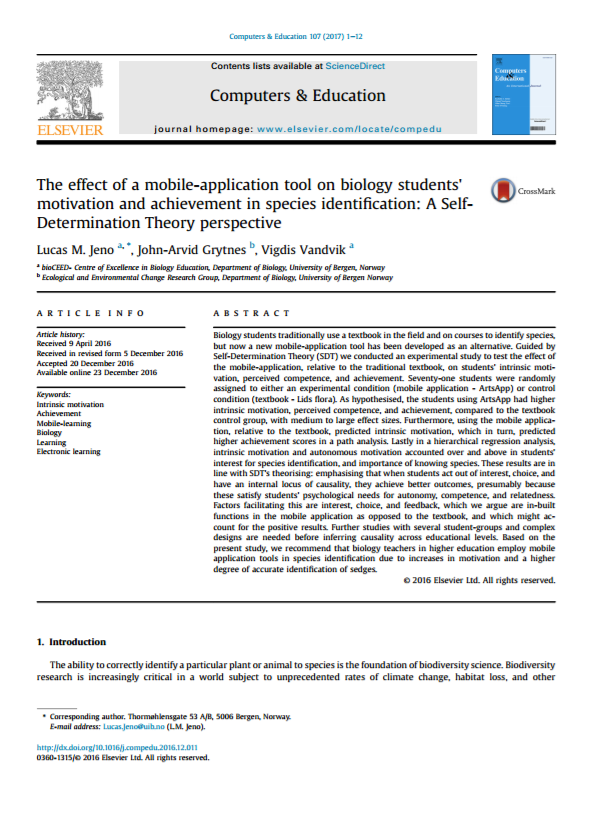As Open Science practices become more commonplace, there is a need for the next generation of scientists to be well versed in these aspects of scientific research. Yet, many training opportunities for early career researchers (ECRs) could better emphasize or integrate Open Science elements. Field courses provide opportunities for ECRs to apply theoretical knowledge, practice new methodological approaches, and gain an appreciation for the challenges of real‐life research, and could provide an excellent platform for integrating training in Open Science practices. Our recent experience, as primarily ECRs engaged in a field course interrupted by COVID‐19, led us to reflect on the potential to enhance learning outcomes in field courses by integrating Open Science practices and online learning components. Specifically, we highlight the opportunity for field courses to align teaching activities with the recent developments and trends in how we conduct research, including training in: publishing registered reports, collecting data using standardized methods, adopting high‐quality data documentation, managing data through reproducible workflows, and sharing and publishing data through appropriate channels. We also discuss how field courses can use online tools to optimize time in the field, develop open access resources, and cultivate collaborations. By integrating these elements, we suggest that the next generation of field courses will offer excellent arenas for participants to adopt Open Science practices.
Keywords: career development, early career researchers, FAIR principles, higher education, pedagogy, reproducible research
Reference and link to the article
Geange SR, von Oppen J, Strydom T, et al. Next-generation field courses: Integrating Open Science and online learning. Ecol Evol. 2020;00:1–11. https://doi.org/10.1002/ece3.7009

